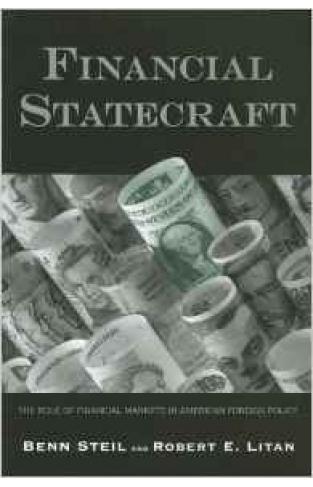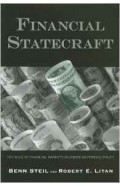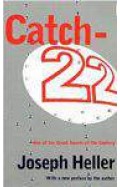Financial Statecraft: The Role Of Financial Markets In America
By: Benn Steil & Robert E. Litan
-
Rs 2,475.00
- Rs 2,750.00
- 10%
You save Rs 275.00.
Due to constant currency fluctuation, prices are subject to change with or without notice.
| Book | |
| What's in the Box? | 1 x Financial Statecraft: The Role Of Financial Markets In America |
Financial Statecraft: The Role Of Financial Markets In America
By: Benn Steil & Robert E. Litan
Rs 2,475.00 Rs 2,750.00 Ex Tax :Rs 2,475.00
Zubin Mehta: A Musical Journey (An Authorized Biography)
By: VOID - Bakhtiar K. Dadabhoy
Rs 892.50 Rs 1,050.00 Ex Tax :Rs 892.50
Myths Illusions and Peace: Finding a New Direction for America in the Middle East
By: Dennis Ross
Rs 700.80 Rs 1,095.00 Ex Tax :Rs 700.80
The Origins of Political Order From Prehuman Times to the French RevolutioN
By: Francis Fukuyama
Rs 4,045.50 Rs 4,495.00 Ex Tax :Rs 4,045.50
No similar books from this author available at the moment.
No recently viewed books available at the moment.
Zubin Mehta: A Musical Journey (An Authorized Biography)
By: VOID - Bakhtiar K. Dadabhoy
Rs 892.50 Rs 1,050.00 Ex Tax :Rs 892.50
Financial Statecraft: The Role Of Financial Markets In America
By: Benn Steil & Robert E. Litan
Rs 2,475.00 Rs 2,750.00 Ex Tax :Rs 2,475.00














-120x187.jpg?q6)













-120x187.jpg?q6)